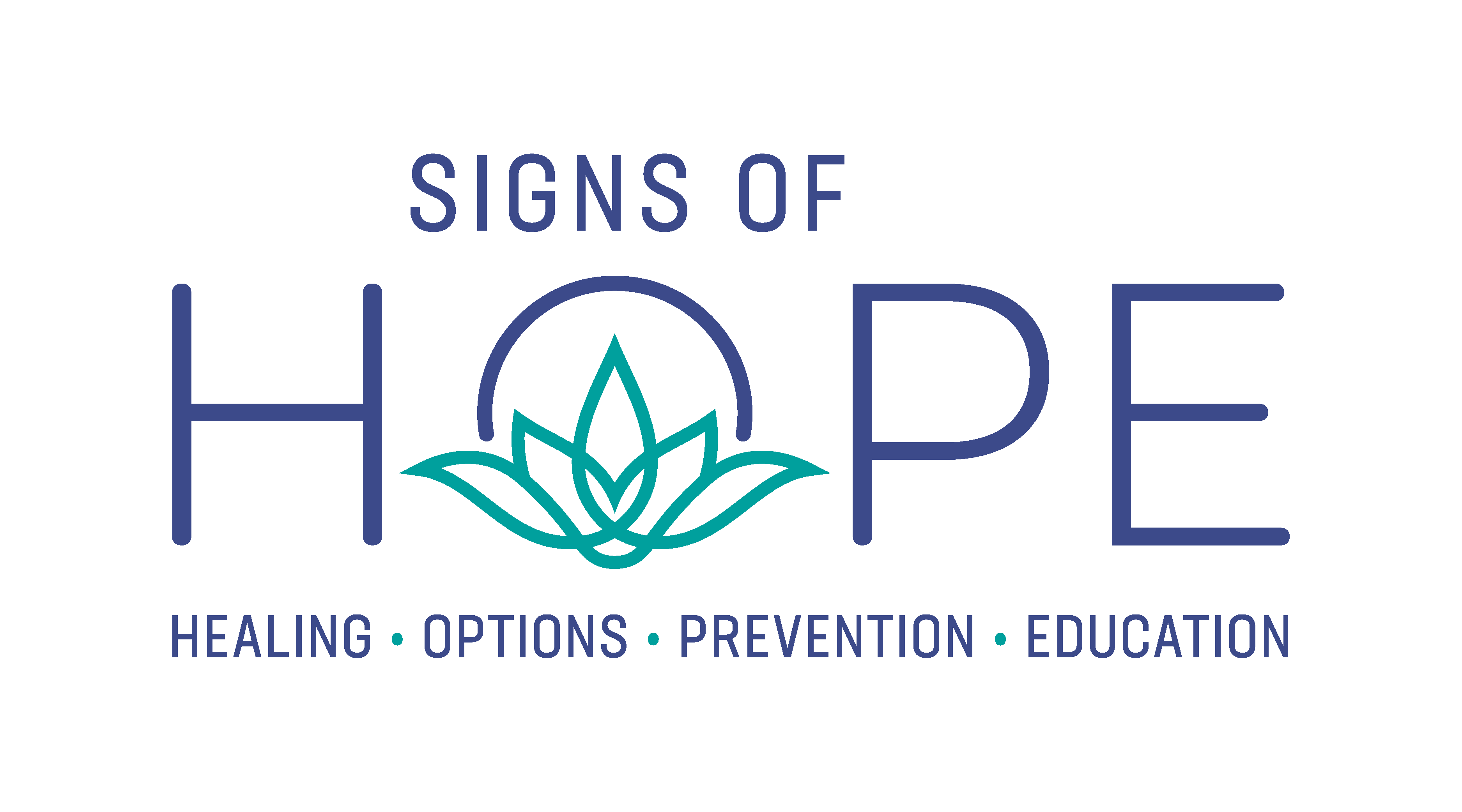The Violence Against Women Act first passed in 1994. The original bill provided for the following:
- Enhanced sentencing for repeat federal sex offenders
- Restitution to victims of certain federal crimes
- Grants for state, local, and tribal law enforcement to investigate and prosecute violent crimes against women.
- Immigration provisions for victims
- Grants for domestic violence and sexual assault prevention, youth education programs, and community organizations providing intervention and prevention programming
- Requirements for the USPS to ensure the locations of shelters remains confidential
- Federal research on violence against women
- Special research into campus sexual assault
- And more
VAWA programs apply to domestic violence, sexual assault, dating violence, and stalking, with some specific grants applying to child sexual abuse and sex trafficking.
VAWA must be renewed every 5 years. When it is is “unauthorized” the protections it provides remain in place, and funds that have already been appropriated are not affected. Technically, new funding appropriations can be delayed until the bill is reauthorized, however the National Coalition Against Domestic Violence (NCADV) notes that unauthorized programs are often funded. VAWA was unauthorized from 2011 to 2013 and still received funding.
That doesn’t mean the re-authorizations are unimportant. Renewing VAWA every 5 years has symbolic value; it demonstrates an acknowledgement by the federal government of the importance of the issue of violence against women, as well as a commitment on the part of our representatives to address that issue.
More importantly, each VAWA renewal has served to expand protections and improve the law to better meet the needs of survivors. The Violence Against Women Act has been reauthorized 3 times since passing in 1994.
In 2000 VAWA was reauthorized as part of the Victims of Trafficking and Violence Protection Act. Additions included:
- A new housing program for survivors of domestic, dating, and sexual violence
- New programs for elderly and disabled women
- Funds exclusively for prevention and education programs
- Including victims of dating violence under the purview of VAWA programs
- Expanded definitions in stalking law
- And more
In 2005 Congress passed the Violence Against Women and Department of Justice Re-authorization Act. Additions included:
- New programs for Indigenous victims
- New programs to improve the public health response to domestic violence
- Enhanced penalties for repeat stalking offenders
- Expanded federal definition of stalking to include cyber stalking
- And more
In 2013 Congress passed the Violence Against Women Re-authorization Act of 2013. This most recent renewal included the following changes:
- Lower grant appropriations overall for VAWA programs
- Consolidation of some grant programs
- Increased protections of victims’ personal information, including what grant-receiving organizations can share
- Nondiscrimination requirements for VAWA-funded services
- Adjustments to multiple definitions including “domestic violence” and “cyberstalking”
- New accountability requirements for organizations receiving grants
- Strengthened accountability requirements for the DNA Analysis Backlog Elimination Act of 2000
- Funding for the Trafficking Victims Protection Act of 2000
- Expanded tribal jurisdiction with regard to domestic violence and protection orders, and provision of related funding.
- Protections from housing discrimination based on victim status
- Provisions for transitional housing services for survivors of domestic violence
- And more
For a detailed history of VAWA, read this report from the Congressional Research Service.
VAWA expired in 2018 and has yet to be reauthorized. Since then, “the pandemic has revealed and exacerbated the inequities and barriers to safety and justice for Black, Indigenous, and other communities of Color, non-citizen immigrants, and LGBTQ communities” (Melina Milazzo, NNEDV). We have also seen a significant spike in domestic violence as a result of covid. It is more urgent than ever that VAWA is re-authorized and protections are expanded.
In the House, the re-authorization bill is HR1585, and in the Senate it’s S2843. Neither bill rolls back any of the current protections of VAWA. The National Network to End Domestic Violence (NNEDV) has established priorities for the re-authorization of VAWA that include ending impunity for non-native perpetrators of violence against Indigenous victims, increased funding for prevention, improved housing protections, ensuring compliance with VAWA nondiscrimination requirements, and much more. See the full list of NNEDV priorities.
President Biden has committed to getting VAWA reauthorized within his first 100 days. You can help by contacting your congressional representatives and asking them to support HR1585 in the House and S2843 in the Senate.


